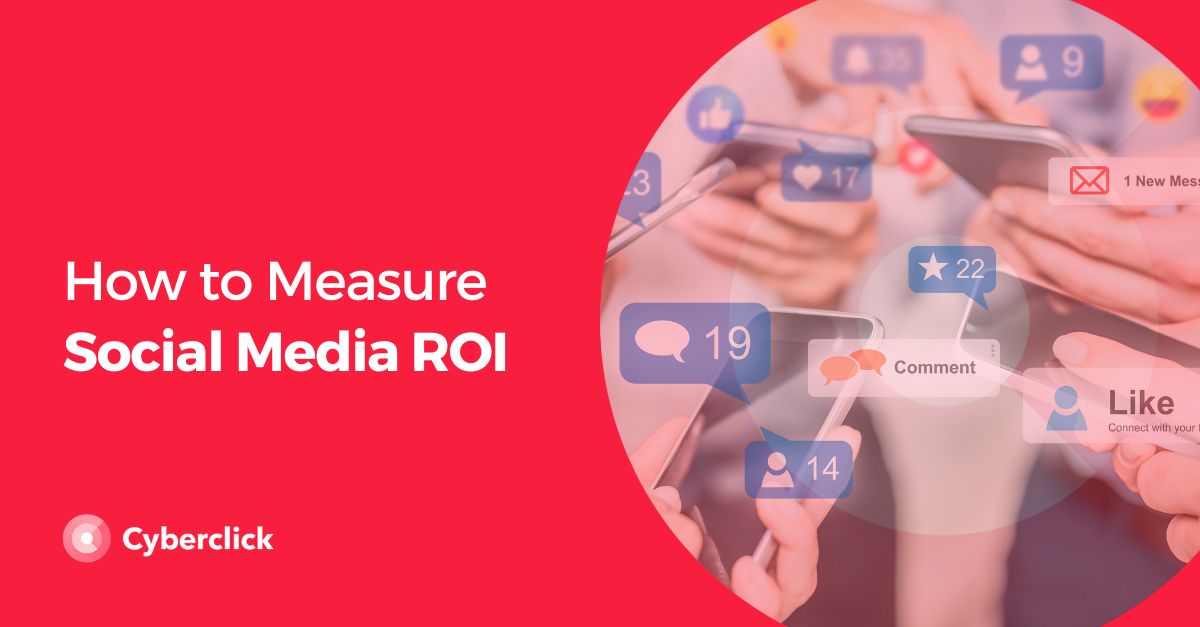Social CRM, or Social Customer Relationship Management, refers to the integration of social media channels into traditional customer relationship management (CRM) strategies and processes. It's a business strategy designed to engage customers through social media platforms to build deeper relationships, enhance customer service, and gather valuable insights from social interactions.
Social CRM extends the capabilities of traditional CRM by capturing and analyzing data from social interactions, enabling brands to have a more comprehensive understanding of their customers' preferences, behaviors, and sentiments. This allows them to make informed decisions, personalize customer experiences, and foster stronger brand loyalty.

Benefits of Social CRM
Incorporating Social CRM into your strategy will help you capitalize your social media strategy. Rather than just creating content and publishing it in a one-directional relationship where the consumer is more passive, you can transform it into a two-way relationship where users can have a more active role. This makes them feel more valued and provides you with invaluable information. There are many benefits of this technique so let's take a look at some of them.
Enhanced Customer Engagement and Service
Social CRM facilitates real-time interaction with customers on social media platforms, allowing you to respond quickly to inquiries, feedback, and concerns, enhancing customer satisfaction and engagement. According to Qualtrics, 80% of millennials prefer to use social media for customer service over web, phone, or online chat, and this percentage is growing among other demographics as well. Moreover, around half of users expect brands to respond to a complaint in under 3 hours. Integrating Social CRM can help you provide prompt solutions in the places where people want to find them, and demonstrate the company's commitment to customer care.
Deeper Customer Insights
By integrating social media data, Social CRM provides deeper insights into customer behaviors and preferences, allowing you to personalize offers and communications much more effectively. In fact, a study carried out by Sprout Social reveals that 91% of businesses say that social data helps them gain a better understanding of their customers. The insights obtained can also help you design more targeted marketing campaigns, improving conversion rates and ROI.
Increased Brand Loyalty and Engagement
Through personalized interactions and direct engagement on social media, you can foster a sense of community and loyalty among customers, encouraging repeat business and positive word-of-mouth. This does, however, allow for negative interactions as well as positive ones. It is just as important (or even more so) to provide responses to these negative interactions. Quick problem-solving can even help increase loyalty, despite a negative review.
Competitive Advantage
Collecting and analyzing social insights will help you stay ahead of market trends and competitor strategies, ensuring you remain competitive in your industry. Social listening allows you to monitor mentions and conversations regarding your brand and others, providing very valuable information.
Cost Efficiency
Social CRM can be more cost-effective than traditional marketing and customer service channels, offering a higher ROI through targeted engagement and organic social interactions.
First Steps to Implementing Social CRM
Defining Objectives
As with any marketing action, the first step is always to define what exactly your final goal is. Begin by identifying what you aim to achieve with Social CRM. Objectives may include improving customer service, increasing engagement, gaining deeper customer insights, or enhancing brand loyalty.
Choosing the Right Tools and Platforms
Select a social CRM software that integrates well with your existing CRM system and supports the social media platforms your customers use most. Look for tools with features like social listening, engagement tracking, and analytics.
Train Your Team
All the tools in the world won't be worth much if the people who manage your brand don’t know how to use them efficiently. Make sure your team is knowledgeable about both social media management and CRM practices. Their training should cover the Social CRM tools you have chosen, your brand’s social media policy, and guidelines for customer interaction. Consider defining engagement guidelines also, which should include response times, tone of voice, and escalation procedures for handling complaints or issues.
Set Up Social Listening
Use social listening tools to monitor mentions of your brand, products, and relevant keywords across social media platforms. This will help you understand customer opinions and identify opportunities for engagement and improvement. You can also keep an eye on the competition and market in general.
Integrate Social Data with Your CRM
Ensure that data from social interactions is captured and integrated into your CRM system. This information should enrich customer profiles, providing a more complete view of customer behaviors and preferences. These insights can then be used to segment your audience and personalize communication. Tailored content and responses can significantly enhance customer satisfaction and loyalty.
Monitor Performance and Optimize
As always, be sure to regularly review analytics to assess the performance of your Social CRM strategy. Look at metrics such as engagement rates, sentiment analysis, conversion rates, and customer satisfaction scores. Make any necessary adjustment based on your performance analysis, which may include things like changing engagement tactics, refining your content strategy, or revising your social listening keywords.
Graduada en Administración de Empresas en Lisboa y un posgrado en Gestión de Productos, Chantal se ha especializado en la Publicidad en Redes Sociales. En Cyberclick lleva la gestión de cuentas y conceptualización de estrategias digitales.
Graduated with a Degree in Business Management in Lisbon and a Postgraduate degree in Product Management. Specialist in Account Management and Digital Marketing strategies, with special focus on Social Ads channel.






Leave your comment and join the conversation